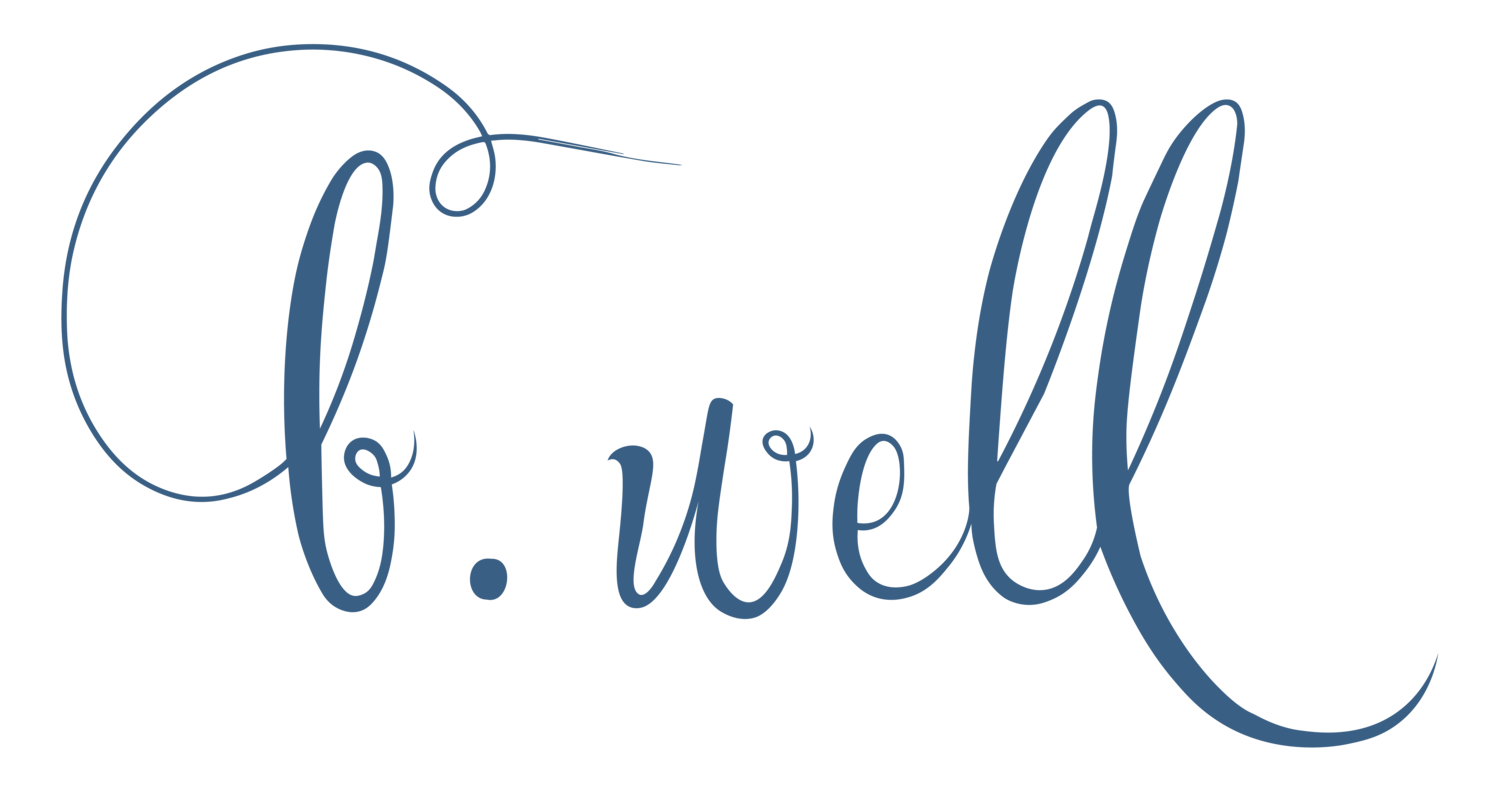Thoughts on Independence
Last week was Independence Day, and it got me thinking about independence. In American society, autonomy and individualism are highly valued. "I" statements are seen as influential and forward-thinking. We are taught, very early, to think about ourselves and do whatever makes us happy. This message is seen as revolutionary, mainly when applied to women's lives. There are songs praising women for being independent; many of these songs are best-sellers. Their lyrics promote messages like, "She got her own house, her car, two jobs, work hard, she's a bad (insert profane word)." This is one of many songs celebrating women for not needing anything. These women are especially desirable because they don't need anything from a man. Women love these songs. They have become anthems in the lives of many. The problem is that these messages are incredibly detrimental and problematic. We, as a society, need clarification about the stages of maturation. I figured I'd offer clarity in this week’s message.
Dependent- requiring someone or something for financial, emotional, or other support. We all begin our lives totally and completely dependent on others to meet all of our basic needs. We rely on adults to meet our food, shelter, emotional support, and safety needs. Being dependent answers the question: Will others care for me? Do they respond when I need help? Can they see me? Can they hear me? Once this question is answered, we move into the next maturation phase. As we grow, we desire to become more independent to meet our needs and explore the world on our own. This desire for independence is not a flaw but a necessary and natural part of our journey towards interdependence.
Independent, to be free from outside control; not influenced by others. As children grow, they love to assert their independence. A three-year-old who wants to dress themselves might argue, "Mom, I can do it alone!" Or a teenager with a license asserts, "I can drive myself to school now." As adults, we find great satisfaction in going out into the world and getting our first job or buying our first home. There is something very gratifying about knowing what you can do for yourself, by yourself. It is an important part of maturation. This stage answers the question: Can I care for myself? Do I know how to meet my own needs? Can I see myself? Can I hear myself? Once this question is answered, we should move into the next phase. (YES! There is more after independence!) This transition is a step forward toward personal growth and fulfillment.
Interdependent
two or more things or people reliant on one another.
The highest form of maturation is interdependence. This is the sweet spot! Interdependence allows businesses to succeed, families to grow, and communities to thrive. Being interdependent means knowing your gifts and talents and using them for the good of the collective, while someone else uses their strengths for the good of the collective. Interdependence answers the question: Can I select helpful others who assist me in reaching shared goals or my goals? How do we care for each other? Can I hear them? Can they hear me? Can I see them, can they see me? We can accomplish more when we work together.
Many of my clients are overwhelmed, tired, and angry because they are very independent and proudly do it all on their own; unfortunately, they fail to realize they can experience more wellness by integrating helpful others into their lives. Relationships should be symbiotic. We are all created to give and to receive. To care, and to be cared for. To love and to be loved. It is not powerful to not need anything from anyone. You cannot create relationships if you have no needs. You cannot create love without needing it. Sorry, misogynistic rap lyrics, you've got it wrong...again. I do a lot of work with girls on unlearning the problematic messaging they've received about independence. Many women come into relationships leading with "I'm independent," but relationships, especially marriages, are based on exchange. Get interdependent, honey. You need other people. Why do you need him if you'll act like you don't need him? (Think about that for a minute)
We struggle with the hard reality that no one does anything alone. We are all connected and influence each other in profound ways. Even if you write an entire book in an office alone, someone else taught you to read, another person helped you learn sentence structure, and someone else provided information on how to get published. Others influence your outcome. Be selective about who your "others" are. Allow B. Well to serve as your coach as you mature from independence to interdependence and learn to create reciprocal relationships that allow you to go further and accomplish more. Together, you can do it!
In Solidarity,
Dr. Adrianne R. Pinkney
Integrative Wellness and Life Coach
